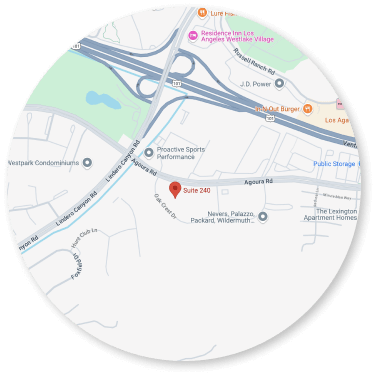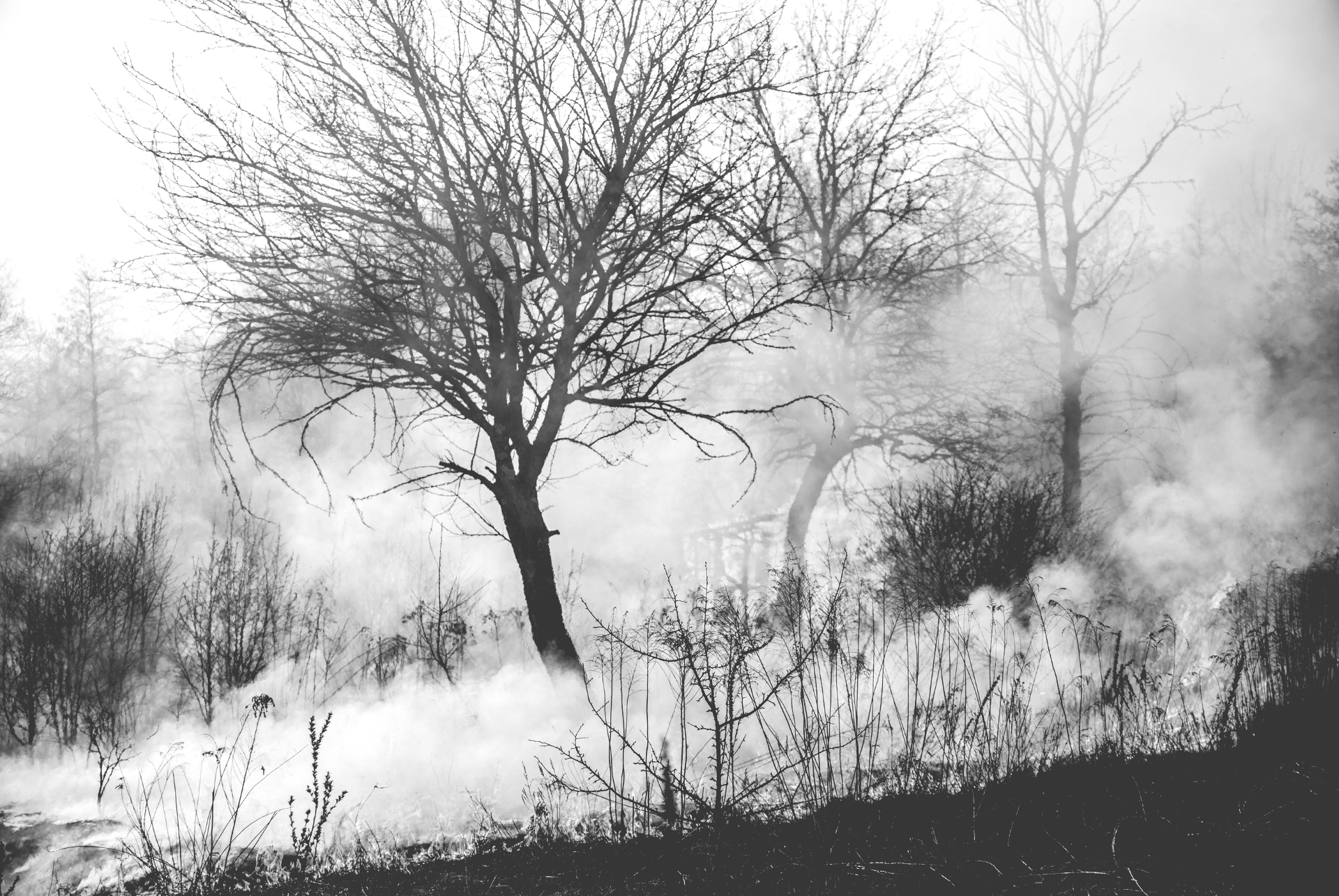False Advertising
Schedule a Free Consultation
Contact Us
We will get back to you as soon as possible.
Please try again later.
False Advertising
Protecting California Consumers from Deceptive Advertising Nationwide

Under California's false advertising laws, companies are prohibited from using deceptive practices to promote or sell goods and services. While businesses may use "puffery" to make generalized claims about their products, misleading or confusing statements designed to deceive consumers are illegal.
Under California law, a company that engages in false or misleading advertising may face legal consequences. Deceptive advertising victims can recover damages through a false advertising class action lawsuit, which may also compel companies to cease their practices.
As a victim of false advertising, you may be experiencing:
- Financial Losses: Money spent on a product or service that didn't deliver as promised.
- Health Risks: Harm caused by unsafe or misrepresented products.
- Lost Time: Wasted hours or effort on a fraudulent product or service.
- Emotional Distress: Frustration, stress, or anxiety from being deceived.
- Damage to Business or Reputation: Harm to your livelihood or public image if you're a business owner misled by false claims.
If you’re wondering, "Can you sue for false advertising in California?" the answer is yes. Our experienced false advertising lawyers in Agoura Hills and Westlake Village can guide you through the process.
At Bradley/Grombacher LLP, we serve clients nationwide, helping consumers pursue compensation and accountability.
Talk to a dedicated false advertising attorney about your rights and options. Call Bradley/Grombacher LLP at (866) 881-0403—Hablamos español.
Have You Fallen Victim
to False Advertising?

If you've been misled by deceptive advertising, you may qualify to file a lawsuit. To succeed, you’ll need to prove:
- The business knowingly or recklessly misrepresented an objective fact.
- The misrepresentation influenced your decision to purchase.
- You suffered financial harm as a direct result of the false advertising.
Successful lawsuits can result in:
- Compensation for financial losses.
- Punitive measures against the offending company.
- Changes in advertising practices to prevent future violations.
We Take False Advertising Claims in California Seriously
Our lawyers know the ins and outs of false advertising laws in California and tackle each case professionally and with the utmost care.
We cover false advertising claims across the board, including in situations like:
- Fake Sales: Advertising non-existent discounts or falsely inflating original prices to create the illusion of savings.
- Greenwashing: Making unsubstantiated environmental claims, such as labeling products as "biodegradable" or "eco-friendly" without scientific proof.
- Unsubstantiated Claims: Misrepresenting a product’s origin, quality, or performance without evidence.
- Bait-and-Switch: Advertising a low-priced product to lure customers, only to push a more expensive alternative.
- Failure to Disclose: Omitting critical information about a product, such as its side effects or limitations.


Bradley/Grombacher: Always On Your Side
When businesses deceive consumers through false advertising, the impact can be far-reaching. At Bradley/Grombacher LLP, we thoroughly investigate the facts and circumstances of your case to determine how these deceptive practices have affected you.
You may be entitled to compensation for financial losses, emotional distress, or other damages caused by false claims. Our team is experienced in holding companies accountable and ensuring that victims receive the justice they deserve under California’s consumer protection laws.
From your initial consultation, we’ll address your questions and concerns. We’ll then guide you through the legal process, providing the support and expertise you need to challenge deceptive practices and assert your rights.
Let us handle the legal complexities while you focus on moving forward. Contact us online or call (866) 881-0403 to learn how we can help you seek the justice you deserve.
Know Your Rights: Can You Sue for False Advertising in California?
Many consumers don’t fully understand their legal rights when it comes to false advertising. They may be misled by deceptive corporate practices or feel powerless to hold large companies accountable for their actions.
False advertising crosses into criminal territory when a company knowingly or recklessly deceives consumers, causing substantial harm. For example, falsifying medical product claims that endanger public health can lead to criminal charges.
In California, repeat offenders or companies causing significant financial or physical harm may face heightened penalties, including fines and imprisonment.
Our law firm is dedicated to helping you understand and assert your rights. We work tirelessly to ensure that deceptive businesses are held responsible for the financial or physical harm they’ve caused.
With our team on your side, you’ll have the resources and knowledge needed to stand up against unfair practices and seek the justice you deserve.
Consulting with an experienced false advertising attorney can make all the difference.
Learn more about your case and how we can help protect your rights.

Positive Personal Injury Lawyer Client Experiences
“Marcus guided us through the entire process with professionalism & compassion. His knowledge, thoroughness, and experience ensured the best possible outcome for our case and we highly recommend him. The personal injury attorneys at the firm provided exceptional service and support.”
- Kylie & Daniel C.

Why Clients Trust Us With False Advertising Cases in California
No Upfront Costs: You only pay when we win your case.
Accessible & Responsive: We prioritize clear communication and provide direct access to our attorneys.
Experienced Advocacy: We excel in holding deceptive companies accountable and recovering client compensation.
Proven Success: Our track record speaks for itself—successful outcomes in numerous false advertising cases.
Bilingual Support: Hablamos Español! We are here to assist you in both English and Spanish.

Main Office
31365 Oak Crest Dr. Suite 240
Westlake Village, CA91361
Phone
(866) 881-0403

Schedule a Free Consultation Today
Contact Us
We will get back to you as soon as possible.
Please try again later.
Schedule a Free Consultation Today
Contact Us
We will get back to you as soon as possible.
Please try again later.
Schedule a Free Consultation Today
Contact Us
We will get back to you as soon as possible.
Please try again later.
Get Answers to Our Firm's Most Frequently Asked Questions
False Advertising Lawyers in Agoura Hills & Westlake Village
Protecting California Consumers from Deception & Misinformation Nationwide
Under California false advertising laws, companies are prohibited from using deceptive advertising in connection with the sale or dissemination of goods. Companies are allowed to use “puffery” to make somewhat inflated claims about their products. However, they are prohibited from using language that is designed to confuse or mislead consumers.
A company that engages in false or misleading advertising to sell products is in violation of California law. Consumers duped by false advertising may be able to recover monetary damages via filing a false advertising class action lawsuit. They may also force the company to discontinue its deceptive practices.
If you need to hold a company accountable, reach out to our false advertising attorneys in Agoura Hills and Westlake Village. At Bradley/Grombacher, we serve clients nationwide and can help you pursue fair and just compensation if you were illegally deceived.
Deceptive Advertising Definition & Examples
Deceptive advertising refers to a company’s use of false, misleading or confusing statements when promoting a product or service. These advertising practices false claims violate consumer protection laws, which prohibit companies from engaging in unfair business practices to outsell competitors.
Deceptive Advertising
Deceptive advertising can include fake sales, false environmental claims, quality deceptions, and bait and switch tactics. Fake sales are a form of deceptive pricing, where a business advertises a “sale” that does not actually provide a discount.
For example, a store may artificially inflate the original price listed on a price tag. This is done with the intention of giving consumers the impression they are receiving a discount. Other stores continuously list certain products at a discounted price, but never offer the item at the so-called “original” price. This means that the “sale” price is the true price of the item.
Misleading Claims
Some companies attempt to take advantage of consumers’ growing passion for environmental issues. To this end, they will make misleading claims about the eco-friendliness of their products. If a company uses terms like “biodegradable,” “compostable,” or “recycled”, they must be able to back up these claims with scientific evidence.
Unsubstantiated Claims
Bait & Switch
Failure to Disclose
Advertisers are also prohibited from making unsubstantiated statements or claims about the quality or the origin of a product. Some companies seek to capitalize on consumers’ desire for American-made products. These companies will add a “Made in the USA” label when the products are actually made in a foreign country.
In a bait-and-switch scenario, an advertiser will offer an item at a low price in order to entice customers. However, the advertise does not intend to sell the item at the listed price, or at all. According to the Federal Trade Commission, this type of advertising is illegal if “the first contact or interview is secured by deception.”
What a company does not say about their product can be just as deceptive as what they do say. Under the Lanham Act, a statement that is "untrue as a result of the failure to disclose a material fact" is considered false advertising. For example, drug company leaving out several key side effectives of a medication is considered a failure to disclose.
California’s False Advertising Laws
Consumer protection laws are designed to prevent companies from tricking consumers with false, deceptive, or misleading claims about their products. As a consumer, you have certain rights that protect you from companies seeking to take advantage of you.
California offers some of the strongest consumer protection laws in the United States. An experience false advertising lawyer can help you assert those rights. False advertising laws impose penalties on businesses that engage in deceptive advertising or other unfair business practices.
In California, businesses are prohibited from engaging in any deceptive advertising that causes competitors to suffer a financial loss. Companies are also prohibited from advertising products in a manner that is false, misleading, or deceptive.
A company that is found to have violated California false advertising laws may be subject to steep financial penalties. It will also be forced to change the allegedly deceptive labels. A judge may order the company to engage in a corrective advertising campaign.
Suing for False Advertising in California
Consumers who were duped by false advertising may be eligible to file a deceptive marketing class action lawsuit. They may then seek compensation on behalf of other consumers who purchased the product.
To bring a successful claim for false advertising, the plaintiff must prove:
- The business in question knowingly or recklessly misrepresented an objective fact
- Due to this misrepresentation, consumers were encourage to purchase products or services
- Consumers suffered financial harm as a direct result of the false advertising
If a court rules in favor of the plaintiff, or if the company decides to settle, consumers may receive a cash payment or other benefits. Plaintiffs can recieve awards for damages involving financial loss, and the company can be fined by the FTC.
Are You Considering a False Advertising Lawsuit?
If a product you purchased was not as advertised, you may have a false advertising claim. Contact our California consumer law firm today to speak to one of our false advertising attorneys. You may even be eligible to file a California class action lawsuit and obtain compensation for your losses.
Class action lawsuits can be an effective way to fight against consumer fraud nationwide. These actions can not only help you get your money back, but also hold companies accountable for their deceptive claims.
Galvan v. Doe
$6,750,000
Continue to Stay Informed
Our Blog



Success Stories
Reviews
We highly recommend!
“Marcus guided us through the entire process with professionalism & compassion. His knowledge, thoroughness, and experience ensured the best possible outcome for our case and we highly recommend him.”
- Kylie & Daniel C.
Schedule a Free Consultation
Contact Us
We will get back to you as soon as possible.
Please try again later.
Quick Links
All Rights Reserved